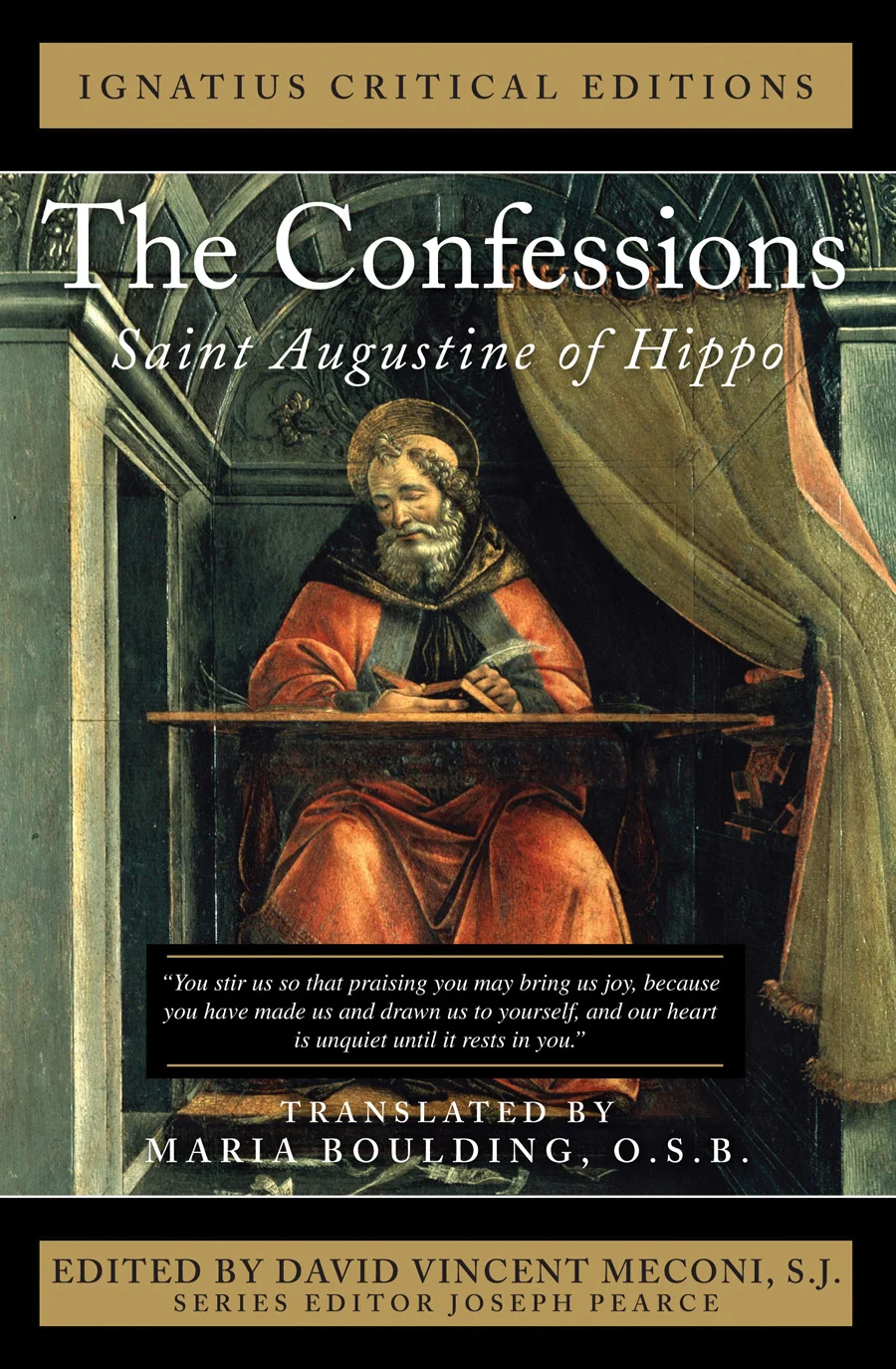Harry Potter and his best friend Hermione Granger arrived in the magical town of Godric's Hollow on a snowy Christmas Eve.
Carols drifted out of the village church as they searched its graveyard for the resting place of Lily and James Potter, who were murdered by the dark Lord Voldemort. First, they found the headstone honoring the family of Albus Dumbledore, the late headmaster of the Hogwarts School of Witchcraft and Wizardry. The inscription said: "Where your treasure is, there will your heart be also."
Then the Potter headstone proclaimed: "The last enemy that shall be destroyed is death." Harry was mystified. Was this about defeating the evil Death Eaters?
"It doesn't mean defeating death in the way the Death Eaters mean it, Harry," said Hermione, gently. "It means ... you know ... living beyond death. Living after death."
For millions of religious believers who embrace Harry Potter, this pivotal scene in "Harry Potter and the Deathly Hallows" -- book seven in J.K. Rowling's giant fantasy puzzle -- offers new evidence that the author is, in fact, a Church of Scotland communicant whose faith has helped shape her work.
The first inscription is from St. Matthew's Gospel and the second -- stating the book's theme -- is a passage in St. Paul's first letter to the Corinthians about the meaning of Christ's resurrection. Is this part of what Dumbledore had called an all-powerful "deep magic" built on sacrificial love?
Nevertheless, for millions of Rowling critics the presence of scripture in this final book will not cancel a decade's worth of wizardry, magic and what they believe is vague, New Age spirituality. And besides, Potter clearly didn't recognize the unattributed Bible verses. Right?
Religious battles commenced soon after Rowling released "Harry Potter and the Philosopher's Stone." It didn't help that "Philosopher's Stone" -- a term from medieval alchemy -- was replaced with "Sorcerer's Stone" in U.S. editions. After the sale of 325 million-plus books worldwide, there are now at least three camps of Potter critics in these theological debates and three prominent camps of Potter defenders. The critics include:
* Some who insist these books are secular or subtly anti-religious. Writing in Time, Lev Grossman has argued that Rowling shares more in common with atheists like Christopher Hitchens than with J.R.R. Tolkien or C.S. Lewis, whose books were rooted in Christian faith.
"Look at Rowling's books," says Grossman. "What's missing? If you want to know who dies in Harry Potter, the answer is easy: God. Harry Potter lives in a world free of any religion or spirituality of any kind. He lives surrounded by ghosts but has no one to pray to, even if he were so inclined, which he isn't."
* Conservatives who think Potter-mania can lead to the occult. Some even oppose fantasy novels by Lewis and Tolkien -- which contain references to wizards, magic and demonic powers. The key is a Deuteronomy passage: "There shall not be found among you anyone who makes his son or daughter pass through fire, or one who practices witchcraft, or a soothsayer, or one who interprets omens, or a sorcerer, or one who conjures spells. ..."
Focus on the Family's James Dobson responded to "Deathly Hallows" by saying: "Magical characters -- witches, wizards, ghosts, goblins, werewolves, poltergeists and so on -- fill the Harry Potter stories, and given the trend toward witchcraft and New Age ideology ... it's difficult to ignore the effects such stories (albeit imaginary) might have on young, impressionable minds."
* Believers who see mixed signals. Evangelical activist Chuck Colson, for example, praised the books in 1999, noting that they contrasted good and evil, while the main characters displayed courage, loyalty and self-sacrifice. "Not bad lessons in a self-centered world," said the founder of Prison Fellowship.
But Colson's latest statement warned: "Personally, I don?t recommend the Potter books. I?d rather Christian kids not read them."
Soon after that Colson commentary, however, current Prison Fellowship President Mark Earley gently praised Rowling's books and, above all, the role fantasy novels can play for readers numbed by modern life.
"The popularity of these books -- and, yes, even of the Harry Potter series -- reminds us that the yearning for hope, for good to win and evil to be vanquished, is no infantile desire," he said. "Rather, it is one of the deepest and most important parts of our nature, placed in us by the God of all truth."
NEXT WEEK: Believers who embrace Harry Potter.


